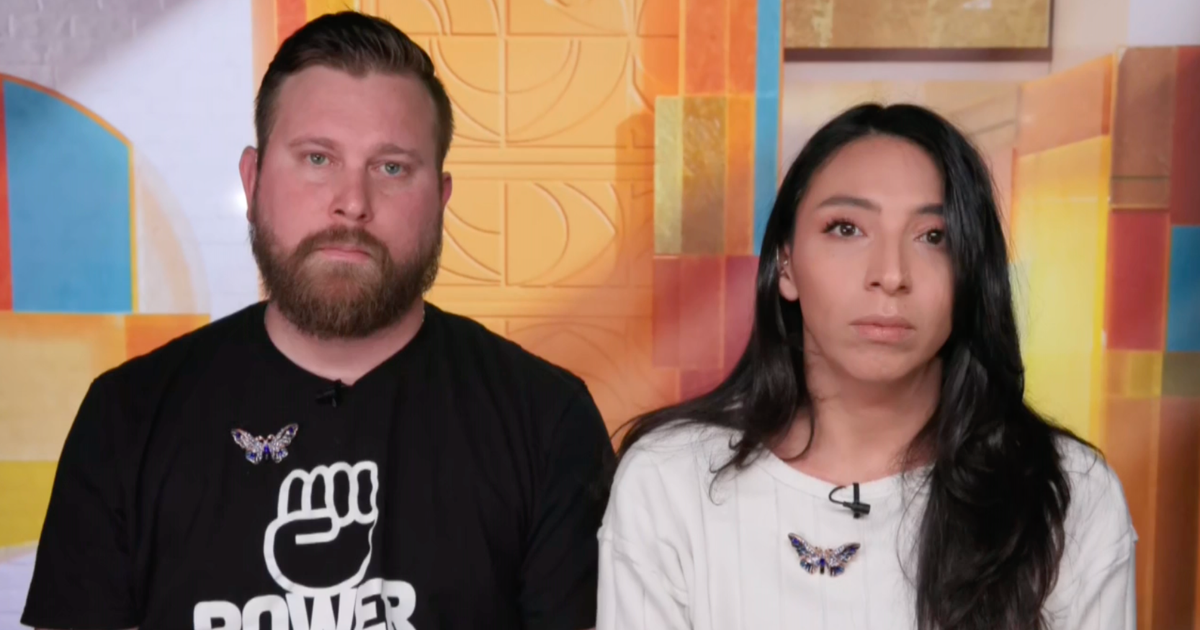Time's Up CEO talks Google walkout and possibility of redemption after #MeToo
The same day that Lisa Borders assumed her role as the first president and CEO of Time's Up, thousands of Google employees walked out of work to protest revelations in The New York Times that the tech giant had protected three executives accused of sexual misconduct and paid large severances to two of them.
Borders told "CBS This Morning" that Thursday's walkout was like the universe affirming her decision to join Time's Up, an organization dedicated to "creating safe, fair and dignified work for women of all kind." Global outrage over the treatment of women in the workplace and beyond sparked the #MeToo movement last year and led to the creation of Time's Up.
On Thursday afternoon, Google CEO Sundar Pichai addressed his employees' complaints, saying, "Moments like this show that we didn't always get it right, so we have committed to do things better." The company said it supported the protest and acknowledged that in the past two years, 48 workers have been fired over sexual misconduct claims, but it said none received payments.
Borders, who previously served as the president of the WNBA, applauded Google for admitting the problem but says the next phase for the company is to actually respond, not react, to the issues raised by the protesters, who left letters on their desks explicitly outlining their complaints.
"When I thought about the Google team, if you will, the Google family, they left notes on their desk as to where they were going, what they were doing, why they were protesting…. It was crisp, it was compelling and it was clear," Borders said. "The question now is will the CEO and the board and the Google team take them seriously and respond?"
The protester's goals include an end to forced arbitration in discrimination and harassment cases; a commitment to pay transparency and equity; disclosure of harassment reports and consistency in misconduct reporting.
Borders said transparency is key to making diversity a priority at companies, but more importantly, it is just good for business.
"The diversity data that says when you have people of different backgrounds, experiences, skill sets and talents working on any problem or anything that your company is working on, the results are better. This is not Lisa's opinion — if you look at the price earnings ratios in public companies, the return on investment, the data is clear. These companies have a fiduciary responsibility to their shareholders. I'm not going to make the moral argument, may we start with the economic argument."
Though some prominent men who were ousted for misconduct in the #MeToo era have started making attempts to return to public life, we still haven't fully answered the question of what "redemption" looks like or how one qualifies for it. Borders says there is in fact room for redemption.
"Once you have walked through saying you're sorry… then you talk about what you're going to do to fix it and then how are you going to take full accountability. You need to be brought into the fold. You can be the best ally if you have done some wrong and you are now walking in the light and see a better way and going to perform a better way, you are in fact redeemed."



